OCR AS level Computer Science
Content overview
Component 01: Computing principles
Students are introduced to the fundamental technical principles of computing.
This component covers:
- The characteristics of contemporary processors, input, output and storage devices
- Types of software and the different methodologies used to develop software
- Data exchange between different systems
- Data types, data structures and algorithms
- Legal, moral, cultural and ethical issues.
Component 02: Algorithms and programming
This builds on component 01 to include computational thinking and problem-solving.
It covers:
- What is meant by computational thinking (thinking abstractly, thinking ahead, thinking procedurally etc.)
- Problem solving and programming (how computers and programs can be used to solve problems).
- Algorithms and how they can be used to describe and solve problems.
OCR A level Computer Science
Content overview
Component 01: Computer systems
Students are introduced to the internal workings of the (CPU), data exchange, software development, data types and legal and ethical issues. The resulting knowledge and understanding will underpin their work in component 03.
It covers:
- The characteristics of contemporary processors, input, output and storage devices.
- Types of software and the different methodologies used to develop software.
- Data exchange between different systems.
- Data types, data structures and algorithms.
- Legal, moral, cultural and ethical issues.
Component 02: Algorithms and programming
This builds on component 01 to include computational thinking and problem-solving.
It covers:
- What is meant by computational thinking (thinking abstractly, thinking ahead, thinking procedurally etc.)
- Problem solving and programming (how computers and programs can be used to solve problems).
- Algorithms and how they can be used to describe and solve problems.
Component 03: Programming project
Students are expected to apply the principles of computational thinking to a practical coding programming project. They will analyse, design, develop, test, evaluate and document a program written in a suitable programming language. The project is designed to be independently chosen by the student and provides them with the flexibility to investigate projects within the diverse field of computer science. We support a wide and diverse range of languages.
Assessment overview
Students must take all three components to be awarded the OCR A Level in Computer Science.


